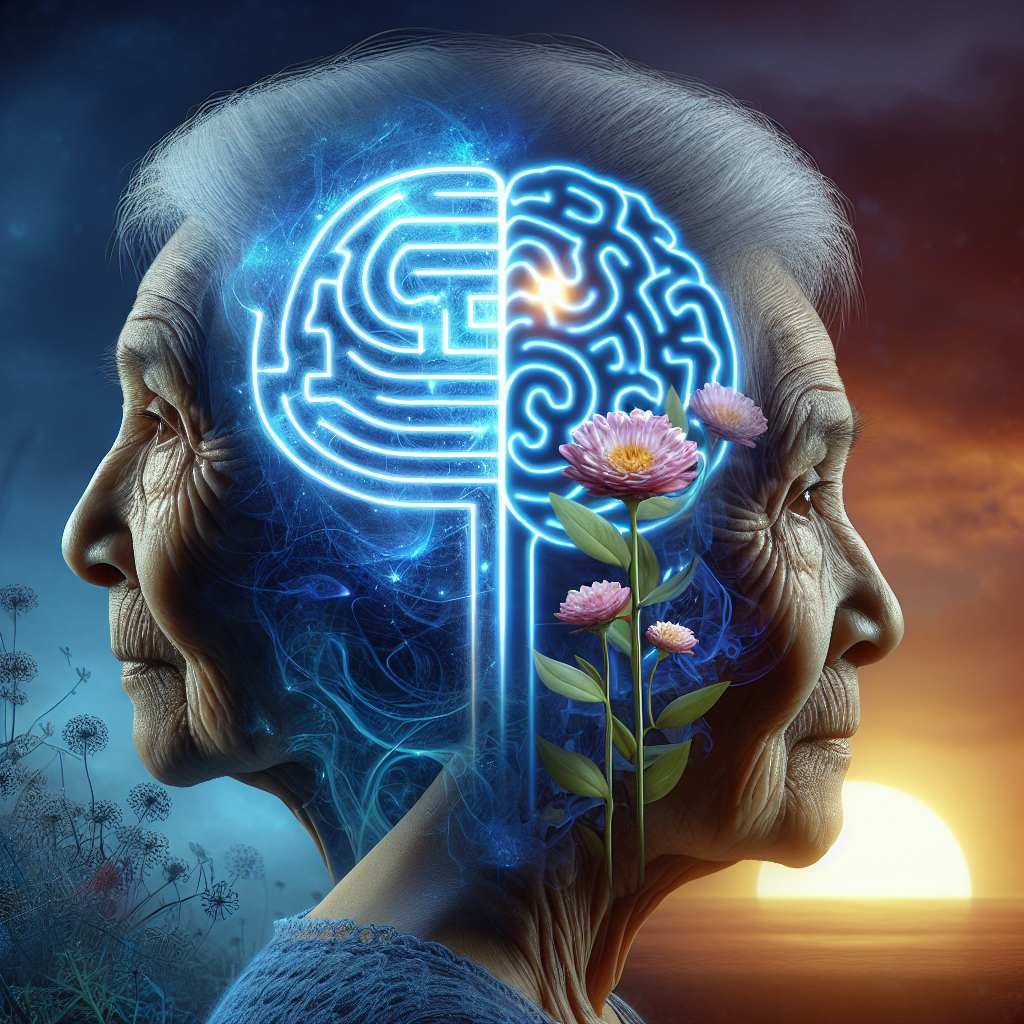Aging is a natural process that affects every individual, both physically and mentally. As we grow older, our bodies experience a decline in various functions, and our mental health can also be significantly impacted. It is important to understand the challenges that come with aging on mental health and how to cope with these changes effectively.
The Impact of Aging on Mental Health
As we age, our brain undergoes changes that can affect our mental health in various ways. Some of the common mental health challenges faced by older adults include:
1. Depression: Depression is a common mental health condition that can affect people of all ages, but it is particularly prevalent in older adults. Factors such as chronic illness, loneliness, and loss of loved ones can contribute to the development of depression in older adults.
2. Anxiety: Anxiety disorders can also become more common in older adults as they age. Changes in health, financial worries, and social isolation can all contribute to the development of anxiety in older adults.
3. Cognitive decline: Aging can also lead to cognitive decline, which can affect memory, attention, and problem-solving abilities. Conditions such as dementia and Alzheimer’s disease are more common in older adults and can have a significant impact on mental health.
4. Isolation and loneliness: As older adults age, they may experience losses such as the death of a spouse, friends, or family members. This can lead to feelings of isolation and loneliness, which can have a negative impact on mental health.
Understanding the Challenges
It is important for both older adults and their loved ones to understand the challenges that come with aging on mental health. By recognizing these challenges, individuals can take steps to cope with them effectively. Some strategies for coping with the impact of aging on mental health include:
1. Stay physically active: Regular exercise can help improve mood and reduce the risk of depression and anxiety in older adults. Physical activity has also been shown to improve cognitive function in older adults.
2. Stay socially connected: Maintaining social connections is important for overall mental health. Older adults should make an effort to stay in touch with friends and family members, join social groups, and participate in community activities.
3. Seek professional help: If an older adult is struggling with mental health challenges, it is important to seek help from a mental health professional. Therapy, counseling, and medication are all effective treatments for mental health conditions in older adults.
4. Practice self-care: Taking care of oneself is important for maintaining mental health. Older adults should prioritize self-care activities such as getting enough sleep, eating a healthy diet, and practicing relaxation techniques.
FAQs
Q: How common is depression in older adults?
A: Depression is a common mental health condition in older adults, affecting approximately 7% of the elderly population.
Q: What are some signs of cognitive decline in older adults?
A: Signs of cognitive decline in older adults may include memory loss, confusion, difficulty with problem-solving, and changes in behavior.
Q: How can I help my aging loved one who is struggling with mental health challenges?
A: Encouraging your loved one to seek help from a mental health professional, providing emotional support, and helping them stay socially connected can all be helpful ways to support an aging loved one facing mental health challenges.
In conclusion, it is important to understand the impact of aging on mental health and to take proactive steps to cope with these challenges effectively. By staying physically active, staying socially connected, seeking professional help, and practicing self-care, older adults can maintain their mental health and overall well-being as they age.




Leave A Comment